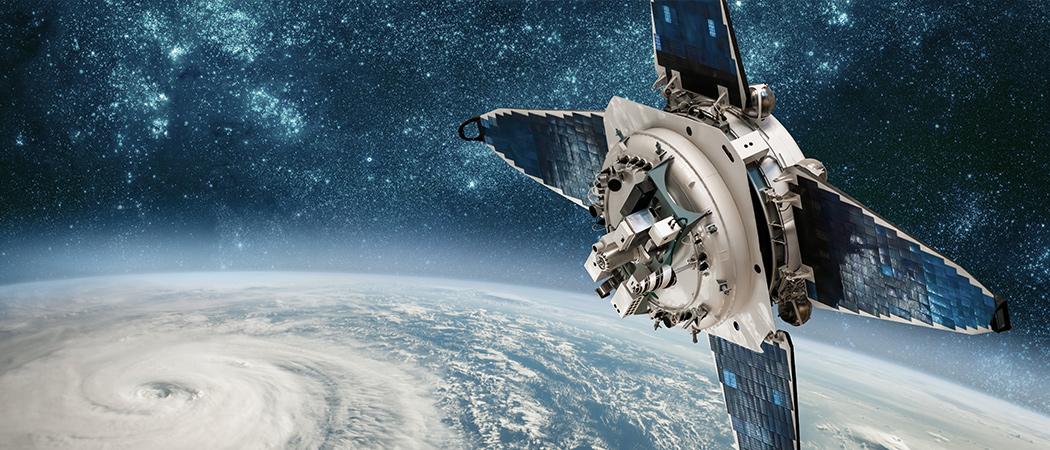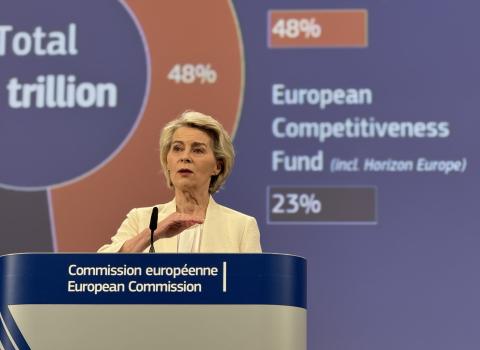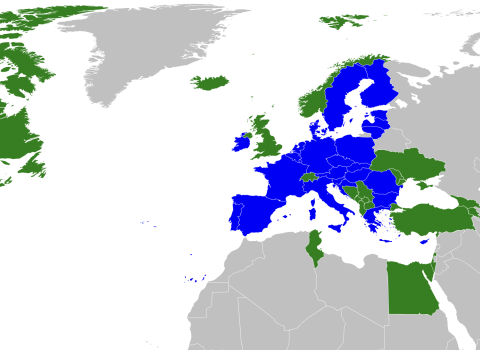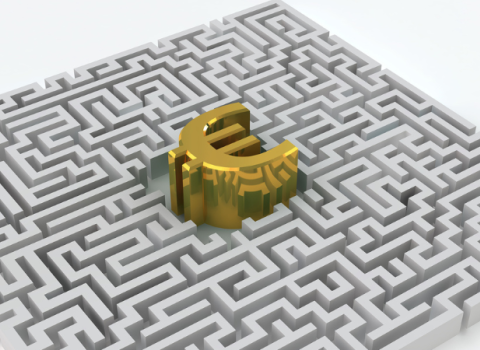A report commissioned by the ITRE committee says small companies should tap EU funds to develop new products and services, strengthening Europe’s space industry and reinforcing its global competitiveness

The EU should do more to help member states and small companies take up space data and technology, so that Europe’s public investment in space projects can return economic value, a new report commissioned by the European Parliament’s research and industry committee (ITRE) has concluded.
The report written by UK think tank, the Centre for Strategy and Evaluation Services (CSES), echoes conclusions reached by the European Court of Auditors last year, which warned the €18 billion Europe has invested so far in its space programmes could be delivering greater economic returns and societal impact.
The report for ITRE calls on the Commission to come up with a strategy to extract more economic value from EU space programmes, by convincing member states and small and medium sized companies to take up technologies and services arising from this investment.
The Commission has made a move in this direction with the launch of a knowledge centre on earth observation, which is intended to make better use of the geo-referenced satellite data generated by the Copernicus system. However, experts say the Commission needs to make more effort to encourage the public and private sectors to use space data and technologies.
Space to grow
As the report notes, Europe has a significant base on which to build, with the second largest space industry in the world, employing over 231,000 people, estimated to be worth up to €62 billion. The potential is there, but the EU could do more to make sure its €14.9 billion space programme spurs new markets for space services and data.
And while Europe may have the second largest sector, not all EU member states appreciate it equally. A proposed space research partnership in the EU’s €95.5 billion Horizon Europe programme has been left in disarray, after member states and the Commission cut the budget from €2.2 billion to a lowly €250 million.
The partnership should have been launched in June last year, along with eleven other research partnerships between industry and the EU, but member states did not want to funnel public funds into private space and defence companies.
While the EU is reluctant to let public space research funds to spill over to the industry, the US space agency NASA is increasingly buying hardware and services from a booming private space sector that has developed reusable rockets and opened up space to tourists.
The report notes this discrepancy, recommending the Commission draws up policies to enable the development of commercial markets for new space activities, such as low-cost launch systems and space tourism.
The authors also call on the EU to fund research and innovation projects that would help the EU to react and anticipate disruptive changes, including developing reusable spacecraft.
To strengthen Europe’s space industry and reinforce its global competitiveness, small companies should tap into available EU funds and develop new products and services, while governments and large companies should procure the resulting technologies. “To fully maximise the potential of European space SMEs, a culture of risk-taking should be fostered in Europe to support space start-ups and scale-ups and to encourage entrepreneurship,” the report says.
The report lists a total of 11 recommendations, urging the Commission to make better use of available EU legislation to support the uptake of space data and services and to publish periodic studies to assess the contribution of the EU space programme to the economy.
In addition, the ITRE report notes that EU citizens are not aware of the economic benefits of investing in space technologies and services. According to a survey conducted by the European Space Agency (ESA), many EU citizens have heard about the agency and European space programmes, but they did not understand what exactly was at stake.
It’s unclear what the Parliament’s ITRE committee will do with the report. ITRE member and rapporteur on the EU space programme Massimiliano Salini did not respond to a request for comment by Science|Business.
Space mining
The report also says the EU should use its position on the global stage to coordinate international competition and regulate space traffic and debris, as well as the exploitation of raw materials from asteroids, comets and other minor planets.
This chimes with the space industry association Eurospace, which in October 2021 called for the EU to invest in developing independent capabilities for human space flight, arguing independent access to space for human missions with European astronauts will give the bloc an edge in the race for space exploration and mining.
Luxembourg has already announced plans to become Europe’s hub for space mining and has established a space resources innovation centre. The Luxembourgish government and the ESA made a joint commitment to strengthen collaboration on research and innovation projects aimed at extracting and processing mineral resources from space. Advocates of space mining are also petitioning the EU via the public consultation on the Conference on the Future of Europe, urging the EU to come up with a plan to exploit resources in space to protect ecosystems on earth.
As the ITRE report notes, neither the EU or other space powers have specific rules to regulate the extraction of raw materials from space. “Allowing such activities would require international cooperation to determine the basic parameters under which such mining activities should be allowed, whilst respecting sustainability principles,” the report says.





 A unique international forum for public research organisations and companies to connect their external engagement with strategic interests around their R&D system.
A unique international forum for public research organisations and companies to connect their external engagement with strategic interests around their R&D system.